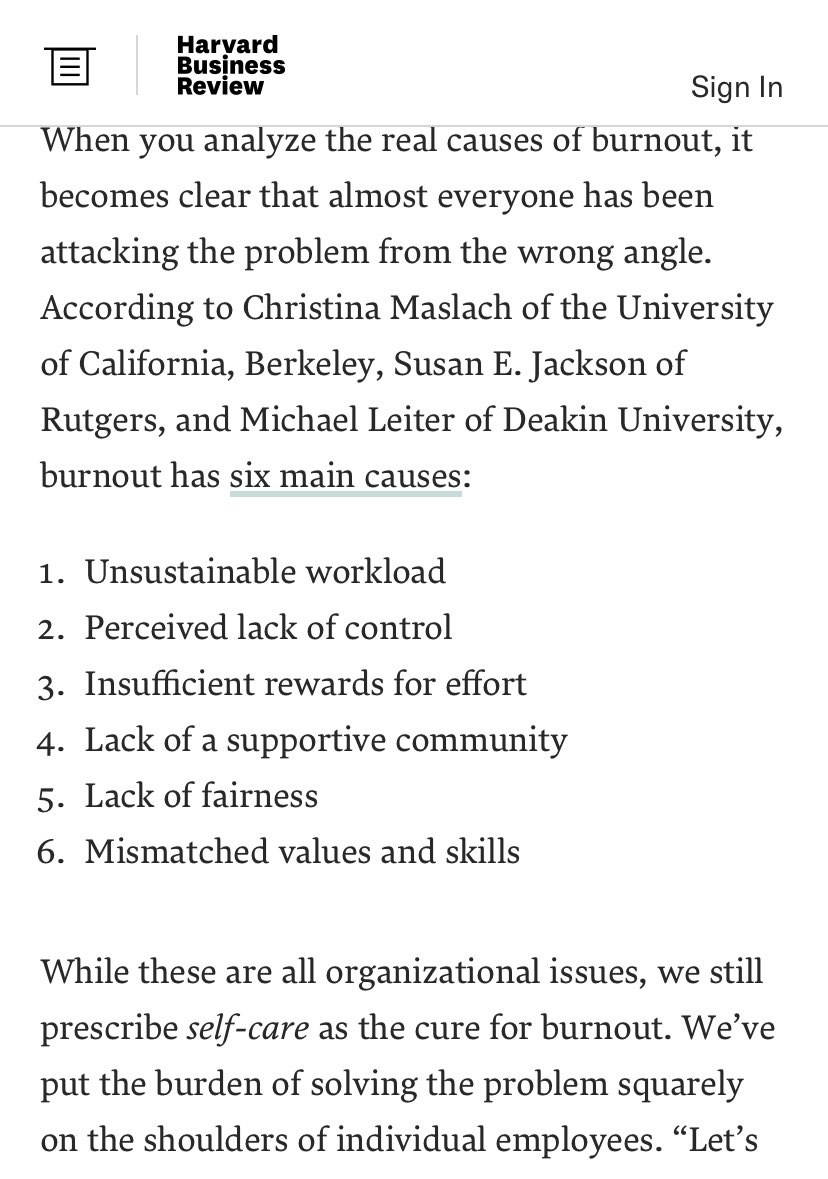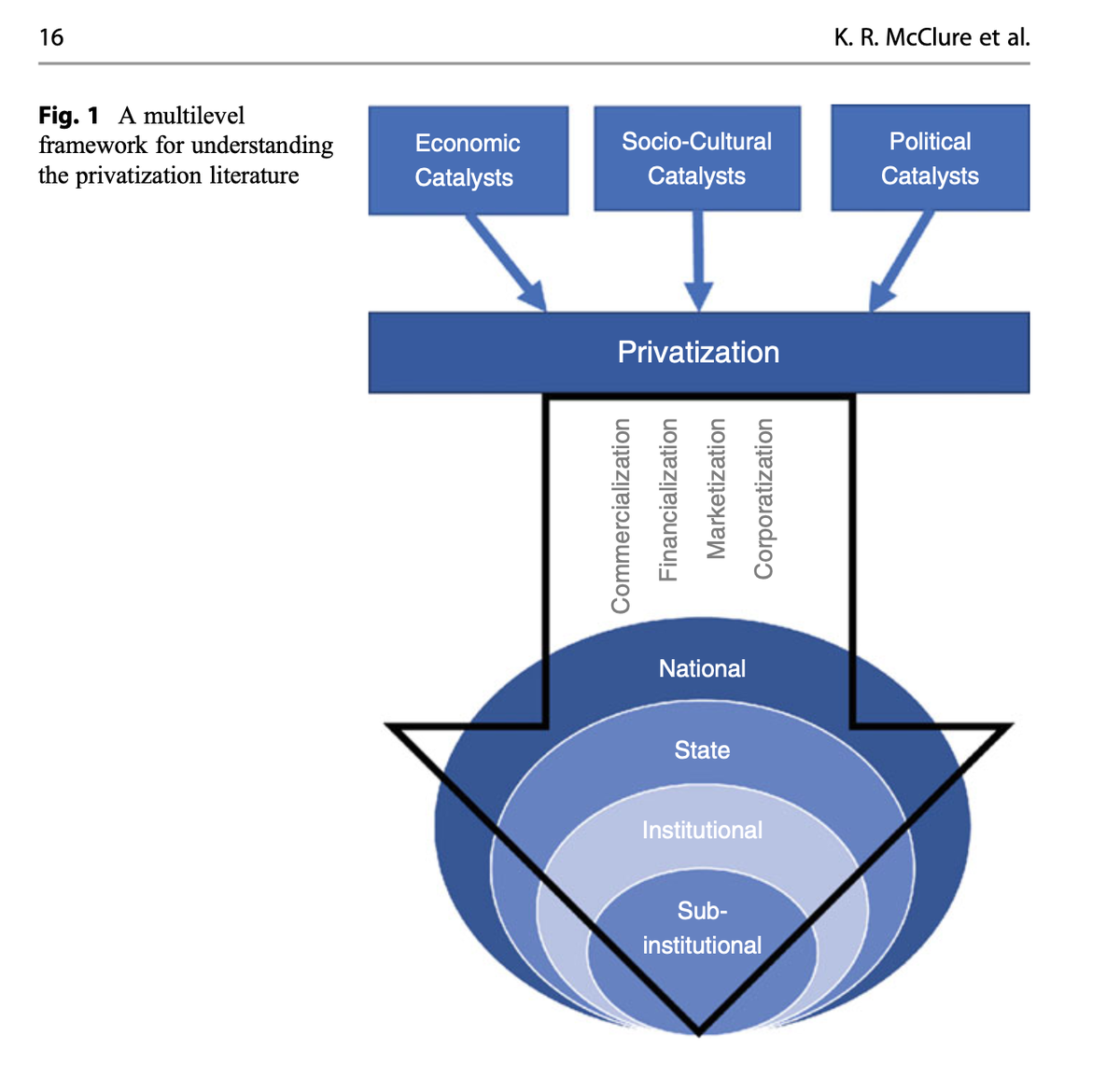
Assoc Prof of Higher Ed | Co-Director @ARRC_Research | Contributor @EdSurge @Chronicle | Writing and Speaking on How to Build a More Caring University
How to get URL link on X (Twitter) App


https://twitter.com/harvardbiz/status/1359598400572907523First, most people don’t realize burnout is actually caused by organizational problems. Like an unreasonable workload and not feeling like you have control over your time. Or feeling like you toil everyday with little recognition. Self-care won’t address these problems.

https://twitter.com/SHEEOed/status/1361714798610681857One of the interesting things I've learned in starting this project is that there have been very few studies looking at this relationship, despite many claims that state budget cuts are fueling online program creation.
https://twitter.com/kevinrmcclure/status/1361430976400936963There’s a lot more merger and system restructuring talk happening. So many of these conversations fail to account for state-level governance and policy. Fractured, hyper-competitive, overlapping systems and state abdication of funding responsibility. 2/2


https://twitter.com/kevinrmcclure/status/1270695214420819969First, a note on my methods. I read the lists and made some observations. The end.